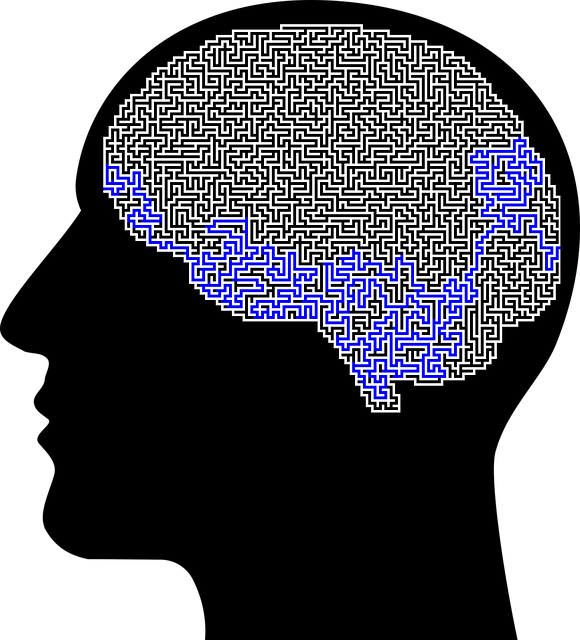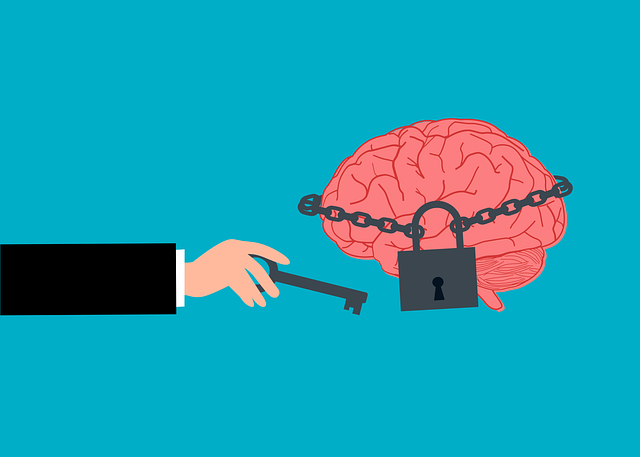Community outreach programs targeting childhood gambling offer vital early intervention and prevention strategies, leveraging digital era awareness to reach at-risk youth. Through workshops, counseling, and education, these initiatives equip children with coping skills, foster mental wellness, and combat stigma. Effective engagement requires strategic planning, tailored interventions based on local needs, diverse communication, and partnerships with stakeholders. Measuring success through clear outcomes ensures program relevance and impact over time, particularly in the realm of therapy for children gambling.
Community outreach programs play a pivotal role in addressing critical issues like child gambling therapy. This article guides you through the essential steps of implementing successful initiatives, from understanding the unique needs of at-risk children to developing engaging strategies that foster community involvement. We’ll explore effective implementation and promotion techniques, as well as methods for measuring impact and driving continuous improvement. Discover how these practices can enhance access to life-changing therapy for children struggling with gambling.
- Understanding the Need for Community Outreach Programs in Child Gambling Therapy
- Developing Effective Strategies for Community Engagement
- Implementing and Promoting Your Outreach Program
- Measuring Success and Adapting for Continuous Improvement
Understanding the Need for Community Outreach Programs in Child Gambling Therapy

Community outreach programs play a pivotal role in addressing the growing concern of childhood gambling therapy. In today’s digital era, where exposure to gambling-related content is prevalent, it’s crucial to recognize that young individuals may struggle with developing healthy attitudes towards gaming and risk-taking. Implementing outreach initiatives allows for early intervention and prevention strategies, targeting at-risk youth and those already engaged in problematic gambling behaviors.
These programs aim to foster mental wellness and promote positive thinking by educating communities about the potential risks and consequences of excessive gambling. Through interactive workshops and counseling sessions, children can learn essential coping skills to manage impulses and make informed decisions. By integrating these initiatives into local community settings, we can create a supportive environment that encourages open conversations about gambling, breaks down associated stigma, and empowers young people with the tools they need for long-term mental wellness.
Developing Effective Strategies for Community Engagement

Effective community engagement is key to the success of any outreach program, especially when addressing sensitive issues like childhood gambling. Developing strategies that resonate with the target population requires a deep understanding of their unique needs and challenges. This involves conducting thorough research, focusing on identifying at-risk children and families within the community. By implementing evidence-based practices and tailoring interventions, such as therapy for children gambling, programs can effectively reach and support those in need.
Community outreach program implementation should incorporate diverse communication strategies to foster meaningful connections. Tailoring messages to different cultural backgrounds, ages, and understanding levels ensures that guidance on crisis intervention reaches all members of the community. Engaging local leaders, organizations, and schools through collaborative partnerships enhances the impact and sustainability of these initiatives. Through these efforts, communities can create a supportive environment where children and families receive the necessary help, ultimately reducing the prevalence of gambling-related issues.
Implementing and Promoting Your Outreach Program

Implementing a community outreach program for therapy targeting children with gambling issues requires careful planning and strategic promotion to ensure its success. The first step is to identify the target audience, in this case, families affected by childhood gambling addiction, and understand their unique needs. Collaborate with local schools, healthcare providers, and mental health organizations to spread awareness about the availability of such programs. Utilize various communication channels like social media, community newsletters, and workshops to reach a wider audience.
Promoting your outreach initiative should emphasize the benefits, including early intervention for gambling-related issues, depression prevention, and teaching valuable conflict resolution techniques. Highlighting these aspects will attract families seeking support for their children’s mental health awareness and well-being. Tailor your messaging to address common concerns, such as stigma associated with addiction and the importance of timely intervention. Effective promotion ensures that eligible families are informed and encouraged to participate, fostering a healthier community environment.
Measuring Success and Adapting for Continuous Improvement

Measuring success is a vital component of any community outreach program, especially when addressing sensitive issues like children’s gambling therapy. By establishing clear outcomes and metrics, organizations can assess the impact and effectiveness of their initiatives. This involves tracking participant engagement, behavior changes, and improvements in social skills training. Regular data analysis allows for identifying areas of strength and weakness, ensuring the program adapts to meet the evolving needs of the community.
For instance, a successful risk assessment for mental health professionals could reveal improved identification of at-risk children through increased awareness and education. This knowledge prompts adjustments to the therapy programs, fostering a more positive thinking environment that empowers both children and their support systems. Continuous improvement is key to ensuring these outreach efforts remain relevant and impactful over time.
Community outreach programs play a pivotal role in addressing the growing issue of child gambling therapy. By implementing effective strategies that engage communities directly, we can significantly enhance access to much-needed support and resources. Through successful promotion and continuous improvement based on measured outcomes, these programs have the potential to revolutionize the way we approach therapy for children struggling with gambling addiction. Embracing community collaboration is essential in ensuring a brighter future for at-risk youth and fostering healthier, more resilient communities.














